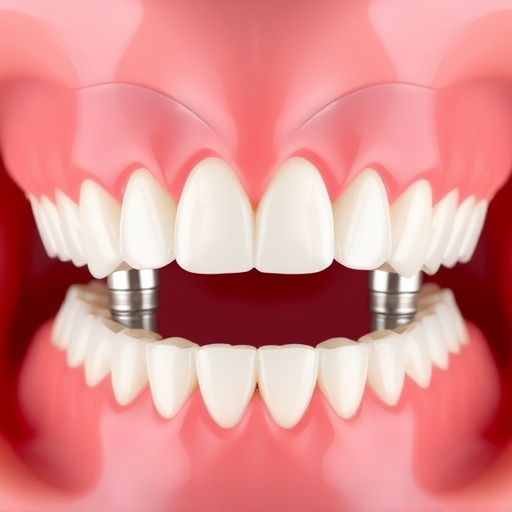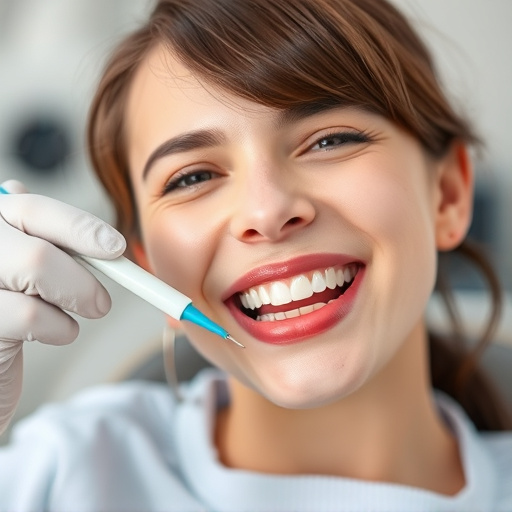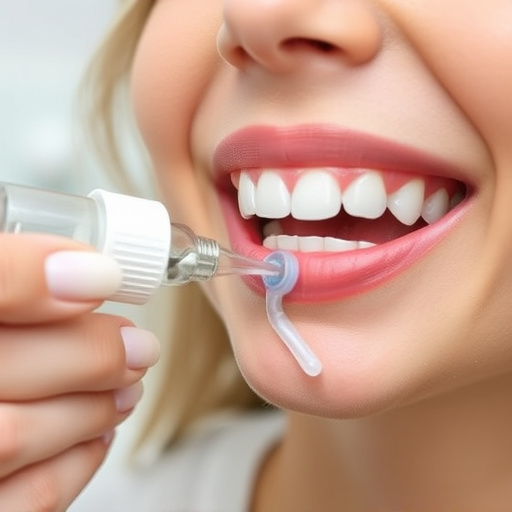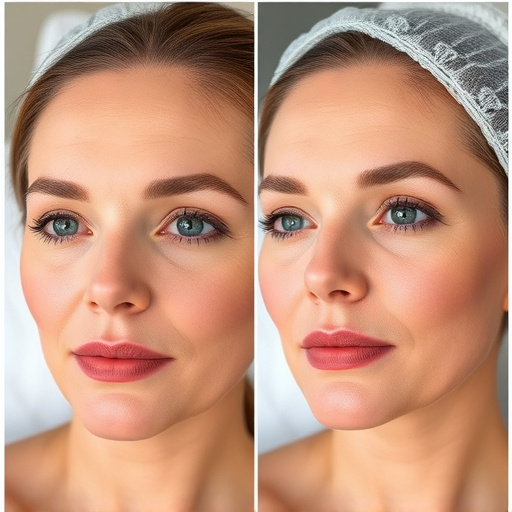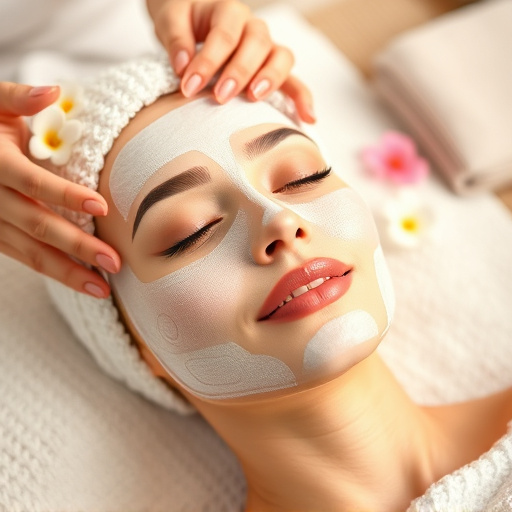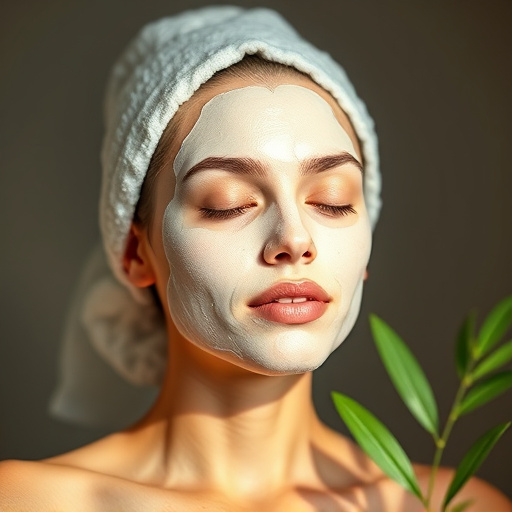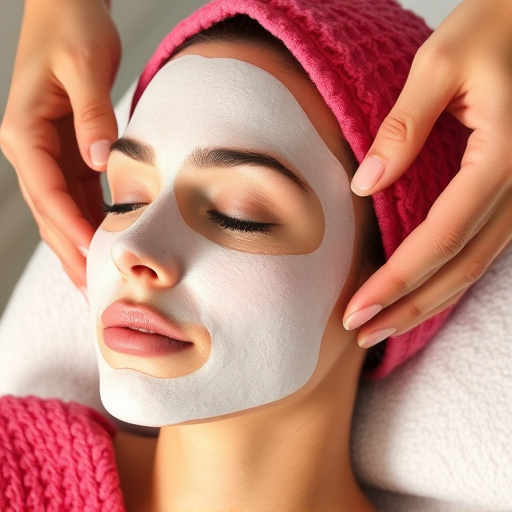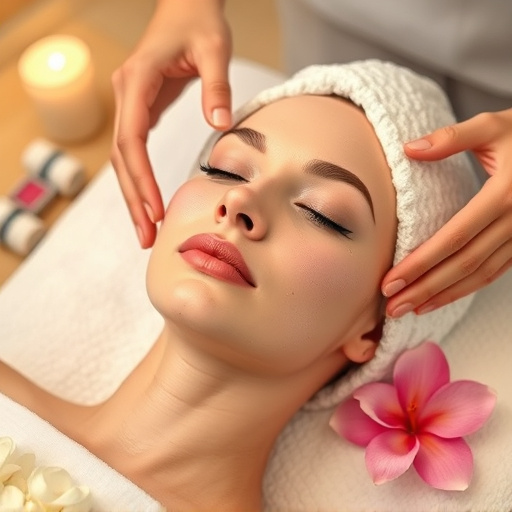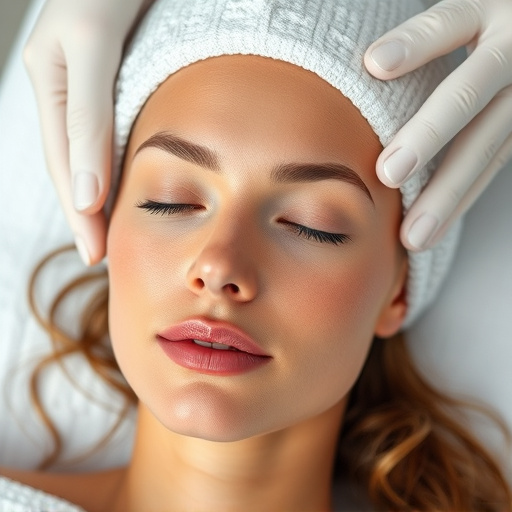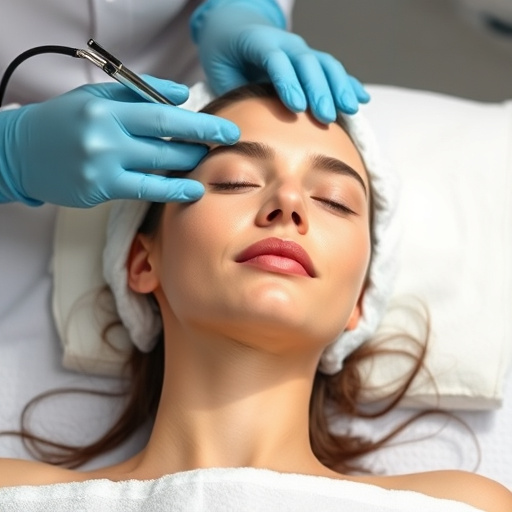Rosacea management involves understanding triggers (sunlight, stress, diet) and causes. Topical treatments, prescription meds, professional procedures like chemical peels and laser therapy are options. Lifestyle changes including diet, hydration, stress reduction are key for long-term relief. Non-invasive procedures require expert consultation for safety. Balanced approach focuses on holistic well-being for optimal rosacea treatment.
Rosacea is a chronic skin condition characterized by redness, swelling, and flare-ups, primarily affecting the face. If you’re looking for effective rosacea treatment options, this guide is your compass. We’ll explore two key parts of managing this condition: daily flare management through topical treatments and long-term relief through lifestyle changes. By understanding the causes and triggers, you can take charge of your skin health.
- Understanding Rosacea: Causes and Triggers
- Topical Treatments for Daily Flare Management
- Lifestyle Changes for Long-Term Relief
Understanding Rosacea: Causes and Triggers
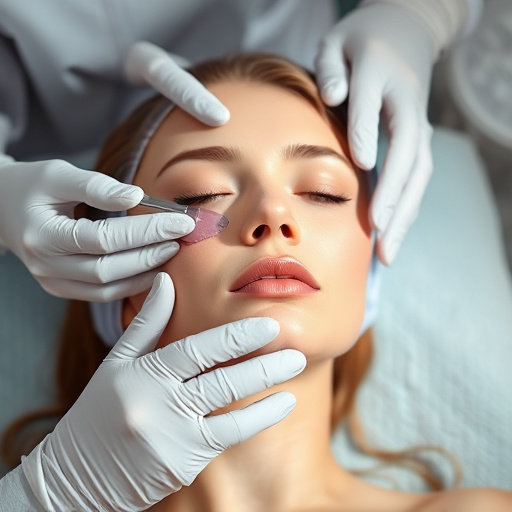
Rosacea is a chronic skin condition characterized by redness, swelling, and small pustules that primarily affect the face. It’s important to understand both the causes and triggers of this condition to effectively manage it with rosacea treatment. The condition often runs in families, suggesting a genetic predisposition. Environmental factors such as sunlight exposure, emotional stress, certain foods, and even some skincare products can trigger flare-ups. Identifying these triggers is a crucial step in developing an effective rosacea treatment plan.
While the exact cause of rosacea remains unclear, research points to a combination of genetic susceptibility and environmental stimuli. For instance, facial treatments like microneedling therapy or intense skin tightening procedures can exacerbate symptoms. As such, individuals with rosacea should exercise caution when considering any cosmetic procedure and consult with their dermatologist beforehand to discuss potential risks and rosacea treatment options tailored to their specific needs.
Topical Treatments for Daily Flare Management
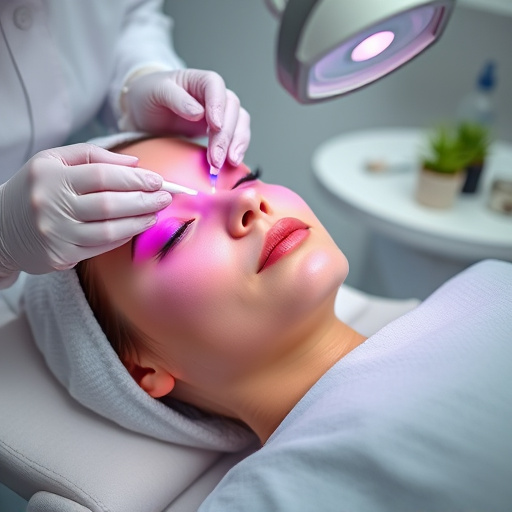
Many individuals living with rosacea find relief through consistent topical treatments for daily flare management. These include gentle cleansers and moisturizers formulated specifically for sensitive skin, which help to reduce irritation and maintain a balanced complexion. Additionally, topical medications such as metronidazole and azelaic acid are commonly prescribed by dermatologists. These ingredients possess anti-inflammatory properties that soothe redness and minimize swelling.
Integrating professional skincare routines into your daily regimen is another effective strategy for managing rosacea symptoms. Medical spa services offer advanced treatments like chemical peels and laser therapy, which can target specific areas of concern. Such procedures help to reduce visible blood vessels, calms inflammation, and improves overall skin texture. With dedicated care and the right tools, achieving a clearer, more balanced complexion is attainable.
Lifestyle Changes for Long-Term Relief
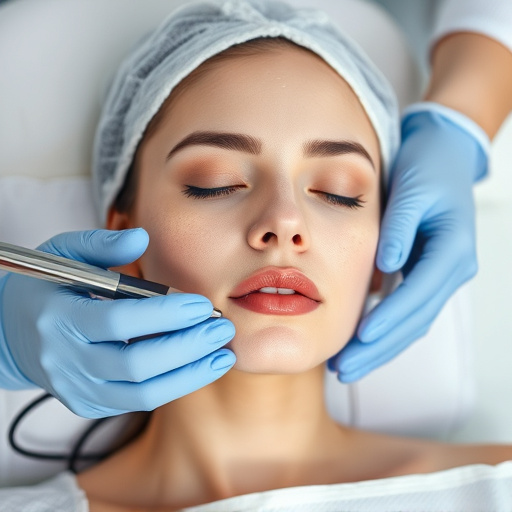
For long-term relief from rosacea symptoms like redness, swelling, and flares, lifestyle changes play a crucial role. Beyond topical treatments and medical procedures, adopting a holistic approach can significantly impact your skin’s health. This includes maintaining a balanced diet rich in antioxidants and essential nutrients, as certain foods may trigger or exacerbate rosacea. Staying hydrated by drinking plenty of water is also essential, as it supports skin hydration and overall well-being.
Additionally, incorporating gentle exercise and stress management techniques into your routine can help regulate blood flow and reduce inflammation. Avoiding extreme temperatures and excessive sun exposure is vital, as these factors can trigger flare-ups. Considering non-invasive procedures like chemical peels or microdermabrasion for wrinkle reduction could also be beneficial, though consulting a dermatologist is essential to ensure suitability and safety.
Rosacea management involves a multi-faceted approach. By understanding your condition, incorporating effective topical treatments into your daily routine, and making thoughtful lifestyle changes, you can successfully navigate flare ups and achieve long-term relief from redness, swelling, and other symptoms. Remember, consistent care and awareness of potential triggers are key to achieving clear skin and maintaining a healthy complexion with rosacea treatment.


